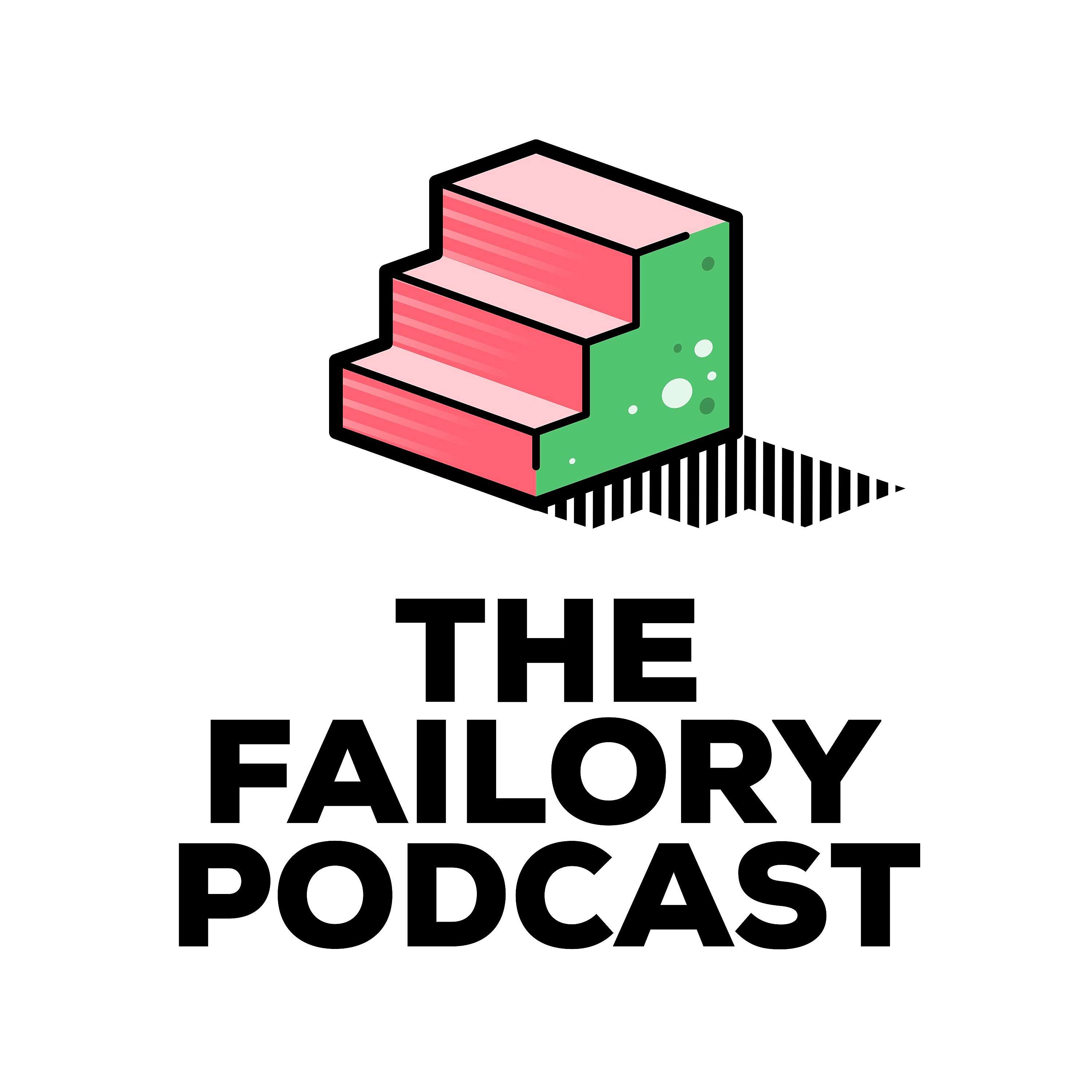Buster Benson has recently published his first book which goes all about "productive disagreement" and conflict resolution. He has collected a series of researches in the field and has made them more approachable and easier to understand, particularly through drawings.
Buster has gone through Amazon, Twitter, Slack and Patreon throughout the previous decade while working on side-projects like 750 Words.
Prior to getting into tech, he had also started some startups.
Buster shares his funny story on how he learned Perl in a weekend and how he was able to get the job.
Many founders identify clicks on their lives when they realize they will become founders. That happened to Buster while working at Amazon and feeling disillusioned of doing the same things over and over again.
Quick journey throughout his projects and how he got the idea behind each of them.
Buster shares the story behind his project Health Month, an online game that helped people motivate one another to lose weight, exercise or achieve other goals.
Health Lab came from the merge between Buster's project "Health Month" and Y Combinator-funded Contagion Health.
A few years later, it would shut down after running out of money.
Buster shares his view around the opportunities for social gamified platforms and reveals he is a great of Peloton.
In 2009, Buster started 750 Words as a side project. It currently makes +$25,000/month.
He shares how it all started and the journey towards where the platform is today.
Buster shares his (controversial) points of view around businesses learned from Habit Labs' shut down.
The hardest thing about starting a company is the fact that you are going to be highly motivated to ignore the problems. Fake it till you make it, move fast, break things, that kind of thinking gives permission to ignore the obvious problems, and it's never worked out well for Buster. He say the problems are eventually going to become unavoidable and they will destroy you. Instead, it is important to understand the simplest path that can take your business to being sustainable.
Start by figuring out why someone would use your product, why would they pay for it, why is it better than alternatives, what would make them switch...etc. Be realistic about your assumptions and expectations. Look for the thing you don't want to see.
p.s. Buster has just finished a book called Why Are We Yelling?. It's a good read!
